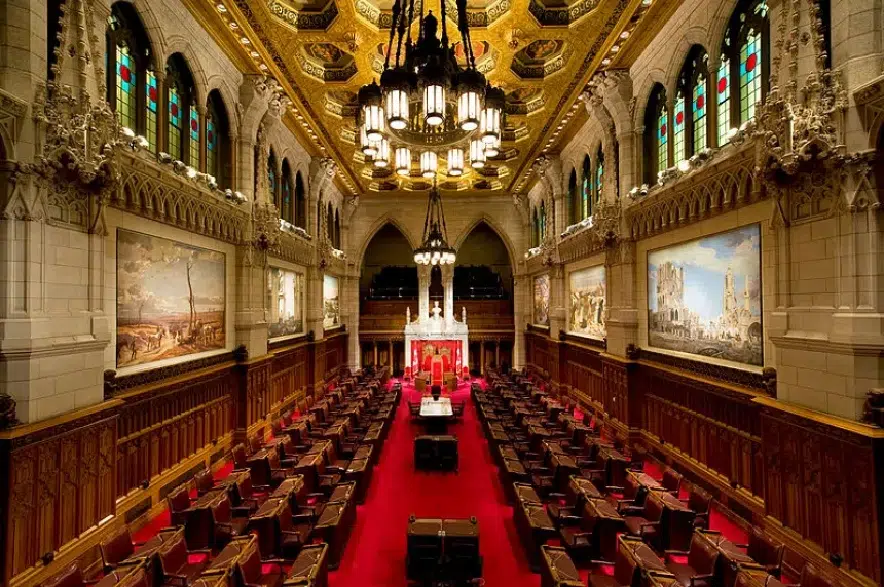While many farmers are looking forward to possible changes to Canada’s carbon tax through a new bill, a Saskatchewan farming association is raising concerns about one of the bill’s amendments.
The Agricultural Producers Association of Saskatchewan (APAS) issued a statement Thursday sounding the alarm about an amendment to Bill C-234, “An Act to amend the Greenhouse Gas Pollution Pricing Act.” After passing its third reading in the House of Commons on March 29, the bill is currently at the reports stage in Canada’s Senate.
The bill – introduced by Ontario Conservative MP Ben Lobb – is intended to expand the definition of “eligible farming machinery” for exemptions under the current carbon tax, and “extend the exemption for qualifying farming fuel to marketable natural gas and propane.”
While all of that may sound like great news for Canada’s farmers, APAS is raising concerns that an amendment to the bill could defeat its intended purpose.
“The amendment, which removed barn heating and cooling fuel from the list of exempted farm activities, poses a critical challenge to the agricultural sector,” the association said in a statement.
“APAS passionately implores all Senators to reject this amendment and reinstate the bill in its original form, allowing it to proceed to the third reading.”
According to APAS, heating barns in a Saskatchewan winter with any method other than fossil fuels isn’t commercially viable, and imposing a carbon tax on that fuel only increases costs for producers without reducing emissions – which is the federal government’s intended goal.
Ian Boxall, president of APAS, said amending the bill in that way essentially creates an uneven playing field for farmers in colder climates.
“The amendment suggests that some farms are less important in our industry, in their contribution to our food security, and in helping address rising food prices,” Boxall said in a statement.
“No farm should be left behind.”
APAS, the organization noted, isn’t opposed to reducing emissions from fossil fuels. But, the organization said, “a harmonious balance” has to be struck between supporting essential industries and cutting emissions.
“The concerns regarding greenhouse gas emissions must be weighed against the broader social, economic, and environmental impacts of specific regulations,” APAS wrote in its statement.
“In the case of Bill C-234, maintaining the exemption for barn heating stands as a rational policy decision that accommodates the agricultural industry’s distinctive requirements.”
Gov’t helps heating oil customers
The federal government announced Thursday it will double the top-up to the carbon price rebate for rural Canadians starting next April.
There also will be a temporary, three-year pause to carbon pricing measures that apply to deliveries of heating oil. That change is to happen in two weeks.
The government says the change will mean that households that use heating oil would save about $250, on average, at the current rate.
In a social media post, Premier Scott Moe said the move amounted to “an admission” that the federal carbon tax wasn’t helping Canadians.
After years of telling us that most households are getting more money back from the carbon tax than they pay, Trudeau today announced a three year pause of his carbon tax on home heating oil to make life more affordable.
So isn’t that an admission that the Trudeau carbon tax…
— Scott Moe (@PremierScottMoe) October 26, 2023
— With files from The Canadian Press











